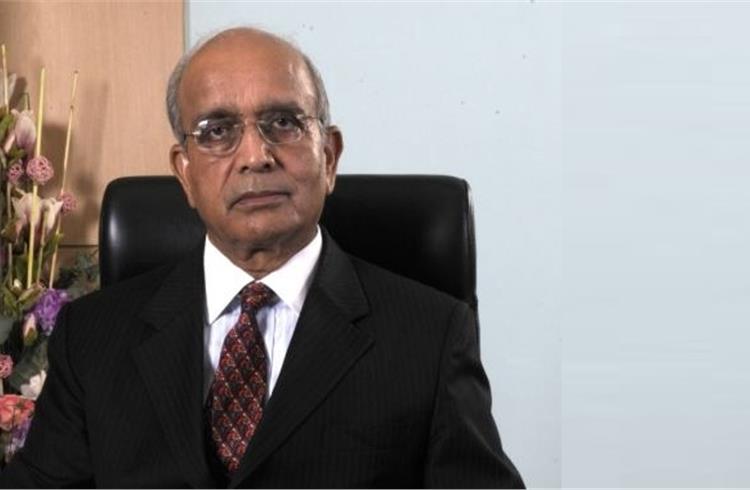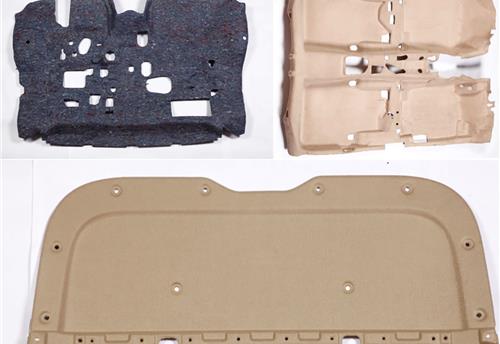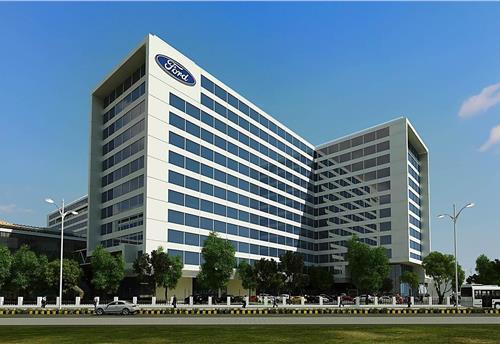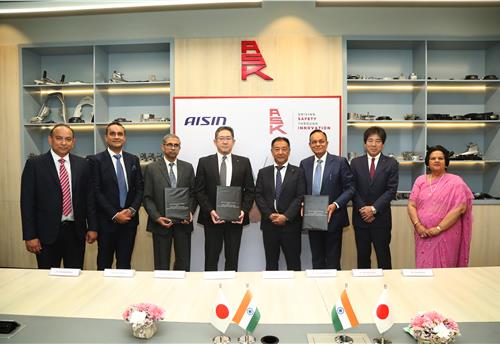Maruti Suzuki's two crucial surveys
Not many know that Maruti Suzuki, then Maruti Udyog, was the first PSU to conduct a market survey to help it understand what kind of car would be preferred by Indian consumers.
A major consumer survey has been commissioned by car market leader Maruti Suzuki, the results of which will form the basis of the company's product strategy in the emerging electric mobility wave. "A lot of questions (on electric mobility) today are based on nobody having any data. That's the reality," R C Bhargava, chairman, Maruti Suzuki tells Autocar Professional.
This survey is very crucial to understand the Indian car buyer's preferences when it comes to an electric vehicle. There may be consumer data from other countries. But absence of hard data about Indian consumers, even with the government, makes it challenging to design an electric vehicle strategy, feels Bhargava. He adds, "Ultimately, the manufacturers have to sell to the Indian consumer, not to the Norwegian customer. How do I do that if I don't know about them?"
Bhargava doesn't know what the ongoing survey could throw up. But he very well knows how critical it is. Not many may know that Maruti Suzuki, then Maruti Udyog, was the first PSU (Public Sector Undertaking) to conduct a market survey to help it understand what kind of car would be preferred by Indian consumers. "When we wanted to do a market survey about the product, then, many people opposed it, saying ‘Why market survey? We have already decided the car’. I said, but I have to make and sell the car. And profitably. So, let me see what I need," recounts Bhargava.
And the car that was almost decided was the R-18, one of French car major Renault's popular cars. The Maruti Suzuki story would have been different had Renault managed to meet the price and sales parameters set by the Indian government then.
The set target was to sell 100,000 cars in five years. Renault didn't qualify as the targets were too challenging for a European carmaker. It's a different story that a few decades later Renault, with its Kwid, is now competing with Maruti in a segment where it dominates. That is possible thanks to 'frugal engineering' capabilities of the Indian engineers at its Chennai technical centre.
The specifications of Maruti Suzuki's first electric car may be far from being finalised but dimension-wise it will be a compact car. What the car should offer will be clear by April, when the ongoing survey's results are compiled and analysed. The OEM's first survey was also special because it was the first by a PSU. It's no longer a PSU, but the current survey is equally, if not more special, because it will define the way Maruti Suzuki will start its electric mobility journey.
RELATED ARTICLES
Uniproducts India targets 15% growth till FY2027, eyes new EV OEMs for NVH parts
The Noida-headquartered company, which is a leading manufacturer of roof liners, floor carpets, sound insulation materia...
Ford to build more EV software capability at Chennai tech hub
Ford Business Solutions India, which currently employs 12,000 personnel set to add 3,000 more; Ford, which is known to b...
ASK Automotive to set up JV with Aisin to sell aftermarket parts for cars
Ask Automotive will have 51% of the equity of the joint venture to be set up with Aisin Asia (Thailand) Company and Aisi...





 15 Mar 2018
15 Mar 2018
 11376 Views
11376 Views





 Autocar Pro News Desk
Autocar Pro News Desk




